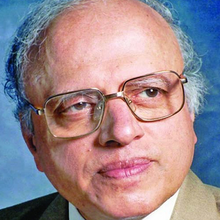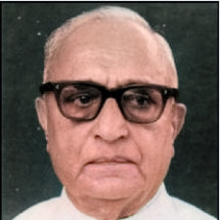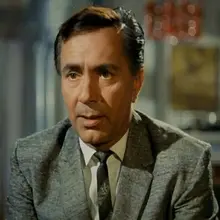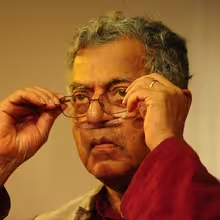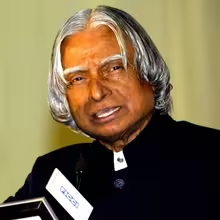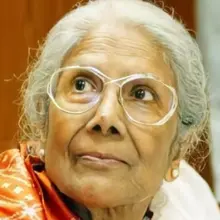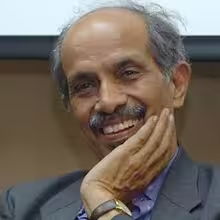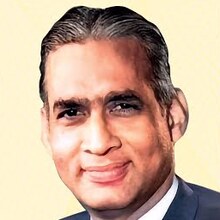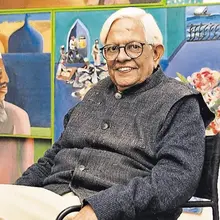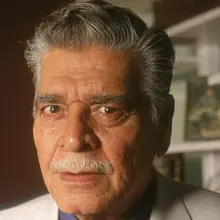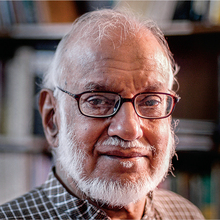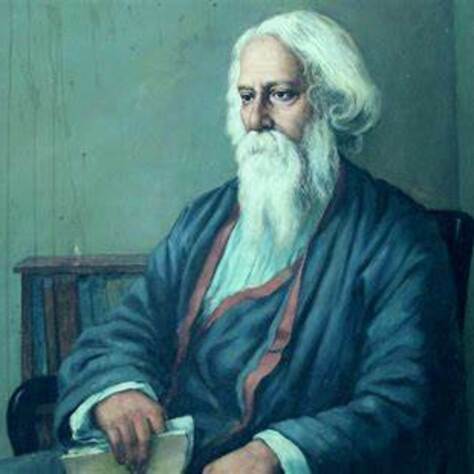
Personal
Other names:
Rabindranath Thakur
রবীন্দ্রনাথ ঠাকুর
Job / Known for:
Poet, writer, composer, painter, philosopher
Left traces:
He reshaped Bengali literature and music
Born
Date:
1861-05-07
Location:
IN
Calcutta (now Kolkata), West Bengal
Died
Date:
1941-08-07 (aged 80)
Resting place:
IN
Jorasanko Thakur Bari (now Rabindra Bharati University), Kolkata, West Bengal
Death Cause:
Uraemia and a blocked urinary bladder
Family
Spouse:
Mrinalini Devi (m. 1883; d. 1902)
Children:
Rathindranath Tagore (son), Madhurilata Tagore (daughter), Renuka Tagore (daughter), Meera Tagore (daughter), Shamindranath Tagore (son)
Parent(s):
Debendranath Tagore (father), Sarada Devi (mother)
QR Code:
 My QR code:
Rabindranath Tagore
https://DearGone.com/10160
My QR code:
Rabindranath Tagore
https://DearGone.com/10160
Key Ownner:
Not yet supported by key owner
Show More
Rank
Users ranking to :
Thanks, you rate star
Ranking
5.0
1
Fullname
Rabindranath Tagore
Fullname NoEnglish
রবীন্দ্রনাথ ঠাকুর
Slogan
Where the mind is without fear and the head is held high
About me / Bio:
Show More
Article for Rabindranath Tagore
Died profile like Rabindranath Tagore
Comments:
